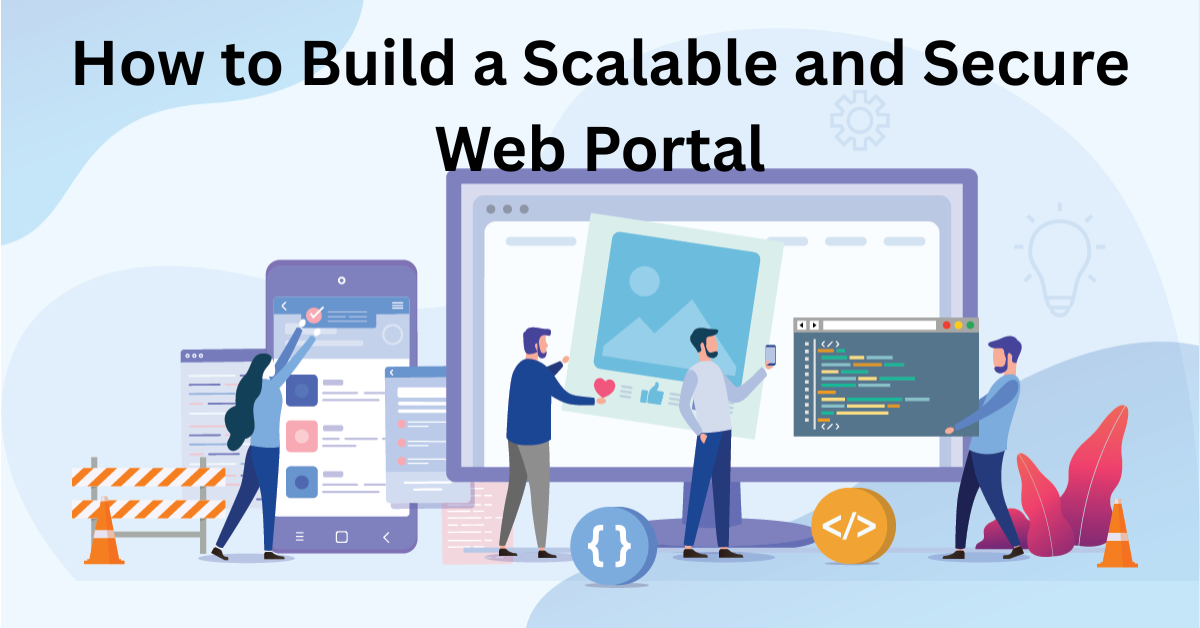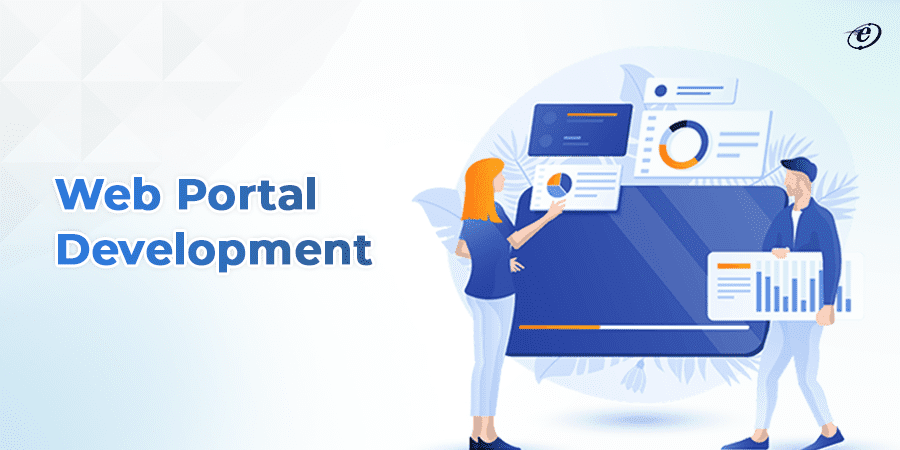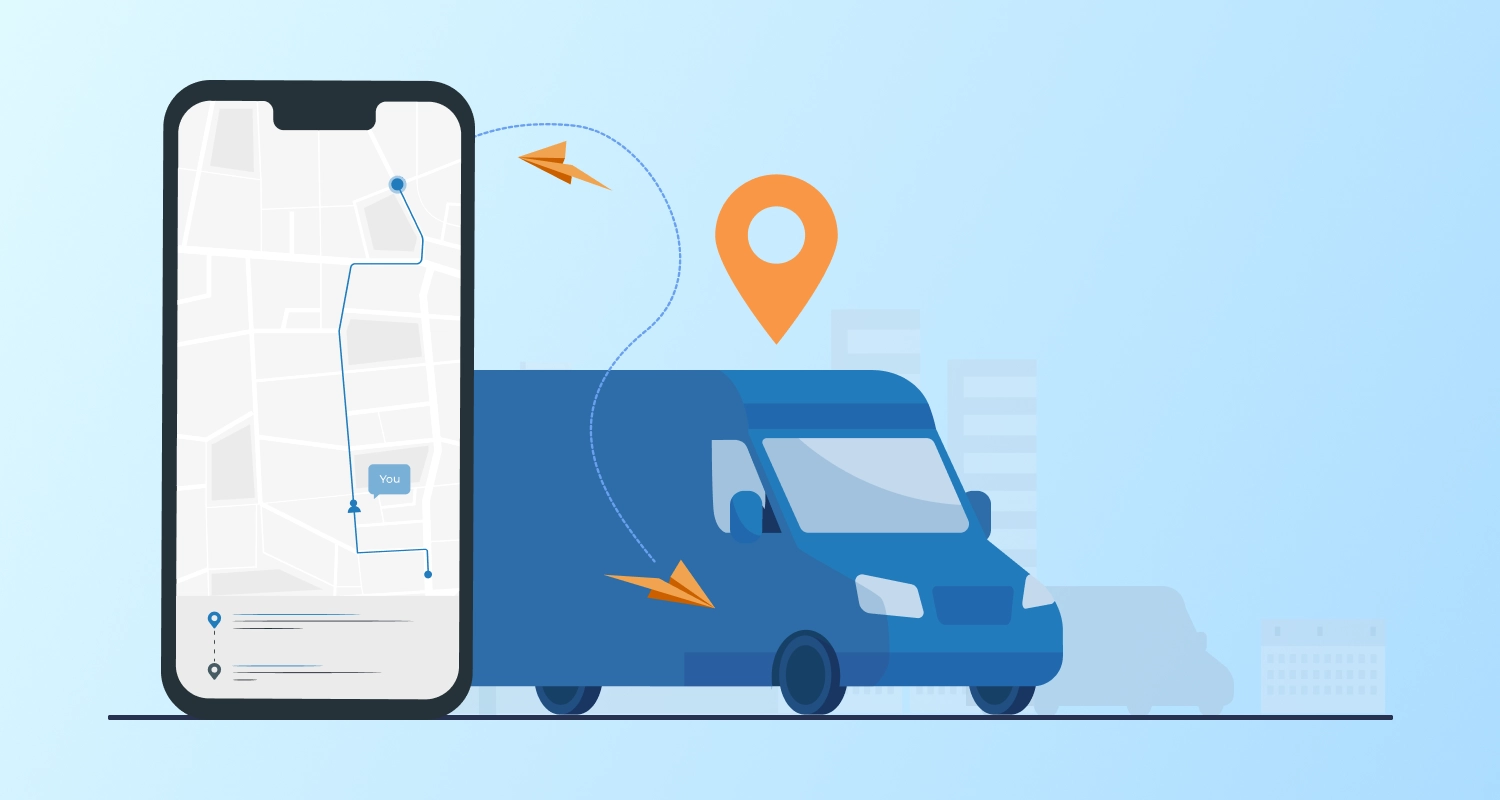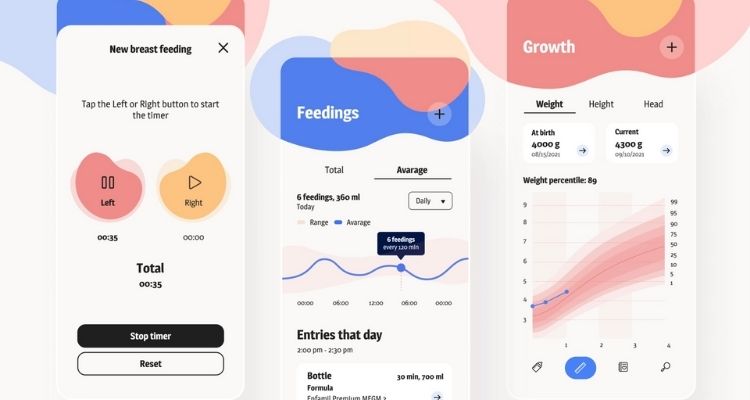How to Build a Scalable and Secure Web Portal

In the era of digital transformation, businesses are increasingly relying on web portals to centralize information, enhance user engagement, and streamline operations. Whether you're developing a customer service platform, employee dashboard, or a B2B partner portal, building a scalable and secure web portal is essential for long-term success. As a trusted web portal development company, we've helped numerous clients turn their ideas into robust digital solutions. In this guide, we’ll explore the essential components of scalable and secure web portal development.
Understanding the Role of a Web Portal
A web portal is a secure web-based platform that provides access to various functionalities, services, or data through a single interface. It’s used across industries for employee onboarding, customer self-service, partner collaboration, and more.
Web portals can be public, private, or a hybrid of both. What sets them apart from basic websites is their dynamic, user-specific content and system integrations. Effective web portal development requires a deep understanding of business logic, user behavior, and technical architecture.
Step-by-Step Approach to Web Portal Development
1. Define the Purpose and Audience
Every successful web portal begins with clear planning. Identify:
Who will use the portal (customers, employees, partners)?
What problems will it solve?
What features are essential from day one?
This foundational understanding will help you prioritize functionality and choose the right web portal development services.
2. Choose the Right Tech Stack
Scalability and performance start with the technology you use. Your stack should be robust, flexible, and capable of handling future growth. Key technologies include:
Frontend: React.js, Angular, or Vue.js for responsive and interactive UIs.
Backend: Node.js, Django, Laravel, or .NET Core depending on your specific needs.
Database: PostgreSQL, MySQL, or MongoDB for data management.
Cloud Platforms: AWS, Google Cloud, or Microsoft Azure for scalability and high availability.
Security Tools: OAuth 2.0, SSL, firewalls, and encryption protocols.
A good web portal development company will assess your requirements and recommend the best-fit stack for your business goals.
3. Implement Role-Based Access Control (RBAC)
Security begins with who can access what. RBAC ensures that users only access the data and features necessary for their role. For example:
Employees see internal documents.
Customers access account and service information.
Admins manage settings and user permissions.
RBAC helps prevent unauthorized access, a critical factor in website portal development services.
4. Focus on Responsive and Intuitive Design
User experience (UX) plays a vital role in adoption and engagement. The portal must be:
Mobile-friendly: Accessible across all screen sizes.
Accessible: Compliant with WCAG standards.
User-Centric: Simple navigation, quick loading times, and personalized dashboards.
Good design isn’t just about aesthetics—it boosts functionality, accessibility, and productivity.
5. Integrate Third-Party Tools and APIs
Your web portal is not an isolated system. It should seamlessly integrate with other tools like:
CRM and ERP systems (e.g., Salesforce, SAP)
Payment gateways (e.g., Stripe, PayPal)
Communication tools (e.g., Slack, Microsoft Teams)
Analytics and reporting tools
An experienced web portal development company can help you set up these integrations securely and efficiently.
6. Build for Scalability from Day One
A scalable web portal can handle increasing traffic and data without compromising performance. Strategies include:
Modular architecture: Build components as independent modules.
Load balancing: Distribute traffic across multiple servers.
Database optimization: Use indexing, sharding, and caching to improve performance.
Cloud scalability: Use auto-scaling services from AWS or Azure.
Failing to plan for scalability can lead to outages, poor user experience, and loss of revenue as your user base grows.
7. Prioritize Security at Every Level
Security isn't a one-time task—it must be baked into every layer of the web portal. Key measures include:
SSL/TLS Encryption: Secure data in transit.
Data Encryption at Rest: Protect stored data.
Multi-Factor Authentication (MFA): Add an extra layer of login security.
Regular Security Audits: Identify and patch vulnerabilities.
Firewall and DDoS Protection: Prevent malicious attacks.
Engaging a web portal development company with cybersecurity expertise can significantly reduce your risk exposure.
8. Conduct Thorough Testing
Before launching, perform exhaustive testing to ensure your portal works as expected:
Functional Testing: Confirm that every feature performs correctly.
Security Testing: Simulate attacks to identify vulnerabilities.
Performance Testing: Stress test the portal under high traffic.
Cross-Browser Testing: Ensure compatibility across browsers and devices.
Testing is critical to providing a seamless and reliable user experience.
9. Ensure Ongoing Maintenance and Support
Building the portal is only half the job. To maintain performance and security, continuous monitoring and updates are essential:
Apply software patches regularly.
Monitor server performance and downtime.
Update third-party plugins and APIs.
Gather user feedback for improvements.
A provider of web portal development services can offer long-term support and maintenance packages to keep your portal future-ready.
10. Gather Feedback and Iterate
Once your portal is live, collect feedback from real users. Monitor KPIs like user engagement, task completion time, and bounce rates. Use this data to refine the portal's design and functionality.
An agile approach allows you to adapt quickly based on user needs and market trends.
Conclusion
Creating a secure and scalable web portal is a multifaceted process that demands strategic planning, the right tech stack, strong design principles, and a relentless focus on security. Whether you’re looking to improve employee productivity, boost customer engagement, or streamline internal operations, investing in professional web portal development is key.
Choosing the right web portal development company ensures your project is not only technically sound but also aligned with your business goals. From initial discovery to ongoing maintenance, a provider of website portal development services brings the tools, experience, and guidance needed to turn your vision into a scalable digital reality.
Ready to launch your next web portal? Partner with an expert in web portal development services and build with confidence.
Note: IndiBlogHub features both user-submitted and editorial content. We do not verify third-party contributions. Read our Disclaimer and Privacy Policyfor details.







